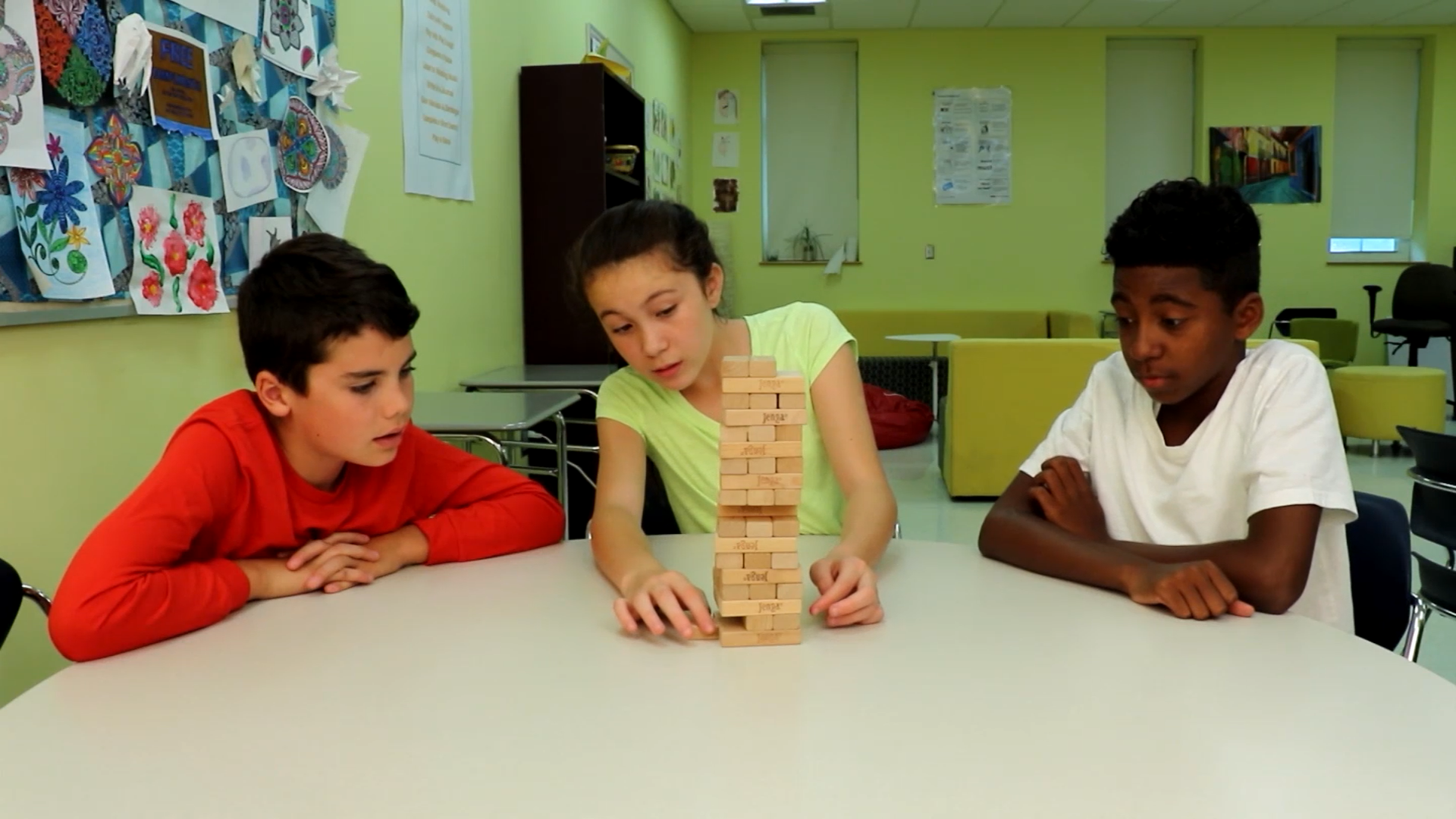Introduction
As educators, we understand the importance of teaching young children the value of fairness and the significance of following rules, particularly when playing games with others. This blog post is designed to help educators teach their PreK students these essential skills in a fun and engaging way, without using the terms ‘master’ or ’emotional intelligence’. By incorporating principles of Social-Emotional Learning, we can help children develop positive relationships and foster a supportive learning environment.
No-Prep Activity
This no-prep activity is called “The Fairness Game” and requires no additional materials or preparation from the educator. To begin, gather your students in a circle and explain that they will be playing a simple game to practice fairness and rule-following. The game consists of passing an imaginary ball around the circle, and each student must say “I’m passing the ball to [student’s name]” before passing it. The rules are simple: each student can only pass the ball once, and they cannot pass it to the person sitting directly next to them.
As the game progresses, observe the students’ behavior and adherence to the rules. After a few rounds, bring the group together for a discussion about their experience during the game. This activity not only teaches students the importance of following rules but also encourages them to practice fairness and respect for others in a playful and interactive setting.
Discussion Questions
- How did it feel when everyone followed the rules during the game? What about when someone didn’t follow the rules?
- Why do you think it’s important to follow the rules when playing games with others?
- Can you think of other situations where it’s important to follow rules and be fair to others? Why?
- How can we help each other remember to follow the rules and be fair when playing games together?
- What can we do if someone isn’t following the rules or being fair during a game?
Related Skills
Teaching fairness and rule-following to PreK students also helps develop other important skills, such as:
- Cooperation: Learning to work together and follow rules promotes cooperation among students.
- Respect: Understanding and respecting the rules of a game encourages students to show respect for their peers and their environment.
- Problem-solving: When students encounter situations where rules are not being followed, they learn to address the issue and find solutions.
- Communication: Discussing and reinforcing the rules of a game helps students practice their communication skills.
Next Steps
Now that you have learned an engaging activity to teach fairness and rule-following to PreK students, consider exploring other related skills and activities. To access free sample materials for teaching Social-Emotional Learning skills, sign up at Everyday Speech. By incorporating these principles into your teaching, you can help your students develop the skills they need to build positive relationships and foster a supportive learning environment.






